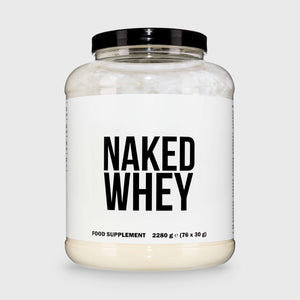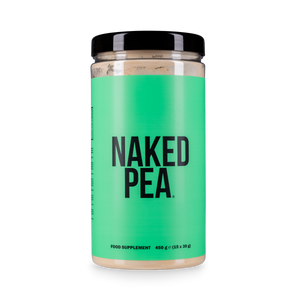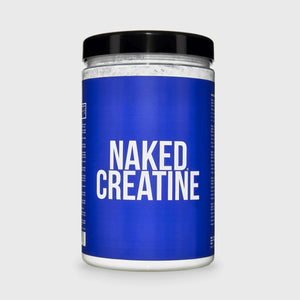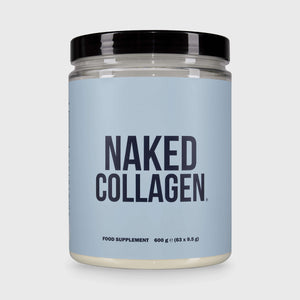Recently, collagen has made a name for itself being a popular form of protein supplement to consume regularly. It’s also advertised in things such as skin creams and pills.
The thing is, collagen isn’t anything new. You have been making it your entire life.
Collagen is one of the most abundant forms of protein that is found in your body. It makes up over half of the dry weight of your skin and is rich in specific amino acids that are necessary for maintaining and repairing tendons, bones, and joints.
It is essentially the glue that holds your body together.
As we get older, collagen gets broken down quicker than we’re able to make it. This leads individuals to start supplementing with collagen protein to keep skin, bones, and tendons strong and healthy.
The link between protein and your kidneys
Your kidneys remove waste compounds and extra nutrients from the bloodstream, which then turns into urine.
This includes byproducts of protein; therefore, it’s believed too much causes your kidneys to work harder.
We’ll break down what hydrolyzed collagen is and if adding it to your daily routine is safe for your kidneys.
How is hydrolyzed collagen made?

Collagen is a group of proteins found in animals, especially in the flesh and connective tissues.
When it’s used for food or nutritional purposes, collagen is broken down into gelatin and then even further into hydrolyzed collagen.
Basically, hydrolyzed collagen is very small particles of collagen that have been broken down and are capable of dissolving in cold water.
According to a 2013 article, the process to obtain hydrolyzed collagen includes:
- Demineralization (removing mineral matter)
- Extraction of collagen to gelatin
- Enzymatic hydrolysis (cleavage of bonds in molecules with the addition of water) to obtain hydrolyzed collagen
- Ion exchange
- Filtration, evaporation, sterilization, and drying
This process makes hydrolyzed collagen more easily digested when used in dietary supplements and food.
Does dietary protein affect kidney health?

Protein is an essential macronutrient and is the building block of life. You need it to repair cells and make new ones.
The basic recommendations for protein intake are 0.8 grams per kilogram of body weight each day (or about 0.36 grams per pound).
As we already mentioned, the belief is that too much protein can make your kidneys work harder than they need to since it adds more protein byproduct that needs to be removed.
The truth is, it will increase their workload a bit but it’s insignificant compared to the work your kidneys already do.
A 2016 study found that over a one-year period, 14 healthy men who alternated between a high protein diet and normal diet had no changes in their kidney function. The high protein diet was about 2.5 to 3.3 grams of protein per kilogram of body weight each day.
This is only the case for individuals with healthy kidneys. You do need to be aware if you deal with chronic kidney disease, as high protein intake can accelerate kidney damage.
Is collagen safe for the kidney?
Just like other forms of protein, you can supplement moderate amounts of collagen in your diet without causing damage to your kidneys.
In fact, one 2019 study found that collagen from tilapia skin could actually benefit kidneys and prevent age related kidney diseases from occurring.
It’s believed that the kidney-protecting benefits of collagen come from its influence on antioxidant activity which in turn aids the immune system.
Can you take too much collagen?

You never want to over-do a good thing, but research shows even high amounts of collagen don’t create any health issues.
A 2012 study tested collagen peptides from salmon on rats and found no evidence of significant adverse effects or health risks over a 2 year time frame.
The amounts given in this study are estimated to be about 8.5 grams per kilogram of body weight each day for females and about 6.6 grams per kilogram of body weight per day for men.
One scoop of Naked Collagen will give you 9 grams of protein with no other additives or unnecessary fillers.
In case you’re wondering how much collagen you should take daily, the regular range for healthy adults is around 10-20 grams per day.
Final thoughts
A lot of research backs up the fact that high protein diets or supplementation is safe and doesn’t put any more stress on the kidneys in healthy adults. Like any addition of supplementation, have a conversation with your doctor before including it in your daily regimen.





